Being a commercial landlord can be a profitable position to be in, but it also brings a wide range of important responsibilities. Tenants are responsible for some aspects of the property’s upkeep and everyday care, and to a certain extent they are responsible for their own safety. However, there is sometimes confusion as to which responsibilities fall to the landlord and which are down to the tenant. It is important to clarify the terms and conditions of your lease so that everyone is clear about what is expected of them, but there are some aspects that the landlord is legally responsible for.
If you are the landlord of commercial premises, here are seven health and safety responsibilities which need to be clarified in your lease.
1. General maintenance and repairs
In lots of cases, commercial property leases are called fully repairing and insuring (FRI) leases. These leases make the tenant responsible for repairs and maintenance to the property. However, when there are several tenants in one property, the landlord will typically remain responsible for communal spaces and the structure of the building itself. In lots of lease agreements, landlords who install fixtures and fittings are responsible for ensuring that they are safe to use and well maintained, but the tenants are responsible for fixtures and fittings that they install themselves.
2. Fire safety
Fire safety should be a top priority for commercial landlords and in some cases the lease may stipulate that they are responsible for proving safety equipment such as smoke- and carbon monoxide detectors, fire extinguishers, fire escapes, fire doors and fire blankets. However, the tenants would usually have responsibility for day-to-day fire safety precautions and procedures such as running regular fire drills and making sure all users of the building understand the fire evacuation process.
3. Electrical safety
Landlords should ensure that the electrical systems in the property are working safely and are tested regularly. Without proper safety measures in places, faulty electrical systems can lead to damaged property, injured tenants, fires or even fatalities. If a tenant brings in their own electrical appliances, they are responsible for ensuring that they are safe.
4. Gas safety
Any gas appliances such as boilers, hobs or heaters need to be installed by a Gas Safe-registered engineer and will need to be checked and serviced on an annual basis. The responsibility for this usually falls to the landlord, unless the lease states that the tenant is responsible.
5. Heating, air conditioning and refrigeration systems
The heating, air conditioning and any refrigeration systems in the property should be monitored and maintained by the tenant regularly. However, annual safety checks and servicing may fall to the landlord to organise.
6. Water supply
The water supply should undergo legionella compliance testing by Dakro Environmental to ensure that it is hygienic and free from harmful bacteria. This responsibility usually falls to the landlord.
7. Asbestos
The Control of Asbestos Regulations 2012 specify that the duty holder (the person who has control of the building on a regular basis) is responsible for managing asbestos. This is usually the tenant, but it should be specified in the lease.



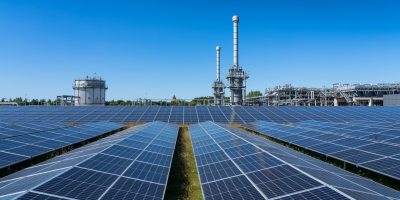
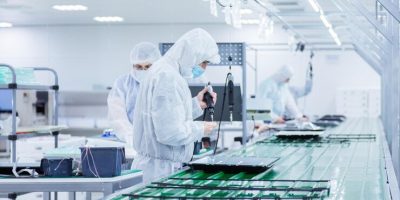
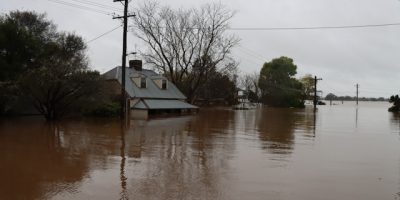
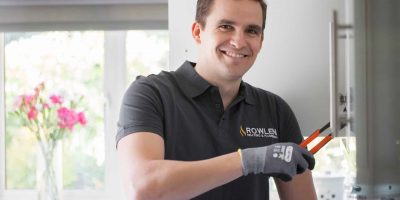



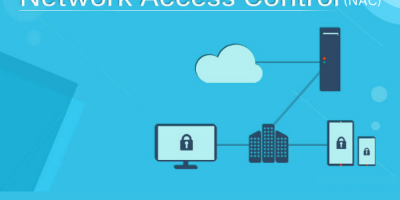

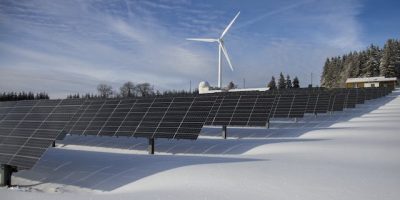

Comments